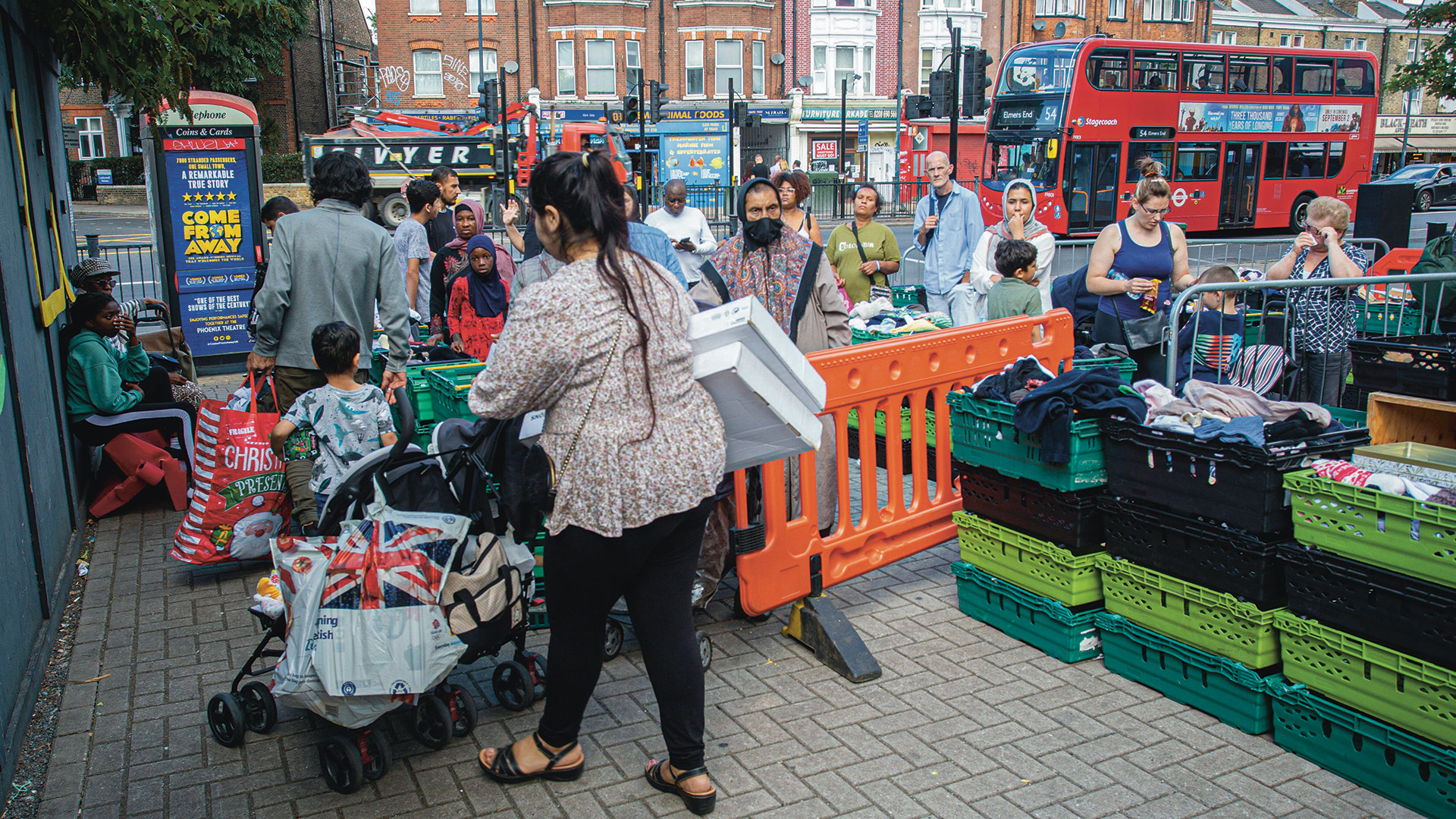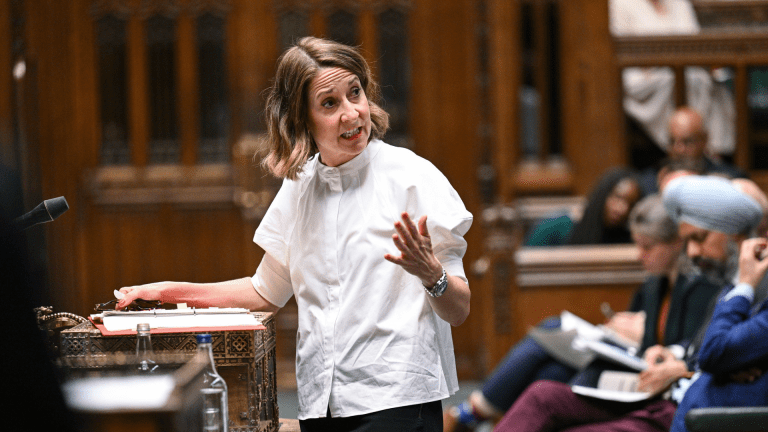The King’s Coronation Food Project has brought welcome attention to Britain’s food poverty and food waste crises. However conflating these two social ills risks further entrenching food banks.
It’s clear that the King means well and that help is desperately needed as people facing poverty, unaided by the Autumn Statement, heading into a dire winter. But we must face facts. No amount of food surplus redistribution is going to stop hunger from happening and pretending otherwise risks covering up the actual cause of food poverty: lack of income.
The UK food poverty crisis has been spiralling out of control for years. The key driver behind this shocking 21st century phenomenon is deepening poverty. Over the last 13 years, food banks have emerged as primary responders to extreme poverty. Many opened in 2012 or 2013 as austerity policies took their toll. New groups of volunteers believed the need for help would be short-lived. Today’s extensive patchwork of food banks would have been unimaginable.
Back in 2015, the Trussell Trust was still aiming to open a food bank in every town but by 2018 the anti-poverty charity had changed tack. Like the Independent Food Aid Network (IFAN), it pledged to put the food bank genie back in its bottle. The reasons behind this change of heart were clear. Government policies were creating the need for food banks while millions of food parcels had apparently failed to stem the tide.
The Department for Work and Pensions (DWP) started measuring food insecurity, or the inability of households to afford food, in 2019. The reality became obvious – distributing food parcels didn’t tip the scales in the right direction. Data from other surveys told us the same story. By 2022, the DWP’s Family Resources Survey revealed that 86% of households reporting severe food insecurity didn’t access a food bank. Eye-watering food bank data, increasing year on year, was evidently the tip of the food insecurity iceberg.
In the last six months, the Trussell Trust alone distributed 1.5 million food parcels. IFAN’s latest figures mirror this trend – independent food banks have supported yet more people struggling to pay for food. Thousands of other food aid teams have also filled the gap. Meanwhile food banks teams and volunteers are struggling to cope with demand as donations have fallen and the quality and quantity of surplus food have reduced. Frontline volunteers hear people’s harrowing experiences of poverty and it is becoming harder to bear when so little can be done to help. Volunteer burnout is commonplace and food bank managers are setting up mental health support to their teams.










